Students Join the Fight Against Tech-Enabled Abuse
Todaybreak works alongside nonprofit service providers on the frontlines of gender-based violence. Our role is to make sure they have the tools to protect people, support recovery, and act together—and to create space for new ideas, new voices, and new allies in that mission.
That’s why we partnered with Venture UWA and Genvis to deliver Hack for Impact—a seven-day innovation challenge where University of Western Australia students explored how to evolve Milli, a free safety app used by people navigating family, domestic, and sexual violence.
Unlike most hackathons, Hack for Impact was intentionally different. The week-long format gave students time to listen, reflect, and build with care. Most arrived with no background in gender-based violence; by week’s end, they had engaged deeply with the complexity of the challenge and showed empathy, creativity, and technical rigour.
Part of a Bigger Program
Hack for Impact formed part of our Safe with Milli Program, which is active across Western Australia and Ontario and sees frontline services are using Milli to more safely and effectively support people experiencing harm.
Today, Milli supports:
Safety – discreet tools for personal protection and trusted contacts
Justice – secure incident logging and document sharing
Recovery – connection to counselling and coordinated services
But technology is a double-edged sword. Survivors are surveilled, impersonated, harassed, and controlled through tech. The brief for students was clear:
“How might we help Milli users detect and respond to hidden threats—digital or physical—in ways that are discreet, intuitive, and protective?”
Seven teams stepped up: Guardian, Blink, Danger Breaker, Team King Kong, Second Chance, Trip Wire, and Digital Threat Radar.
Designing for this space is never simple—what helps one person may endanger another—but the teams treated that reality with care, consideration, and growing insight into gender-based violence and tech-facilitated abuse.
Centering Lived Experience
We are especially grateful to Robyn Westgate and Shemika Bell, who opened the challenge by sharing their lived experiences. Robyn spoke of surviving family violence during a time when it was rarely acknowledged, with consequences that shaped the course of her life and the legal landscape in WA. Shemika reminded us that these harms are still happening, often in silence, and that for many, the systems intended to help still fall short.
At Todaybreak, lived experience isn’t just valuable; it is essential. No amount of technical skill or policy expertise can replace the insight of those who have survived the very challenges we work to address. When we help design new ways of working, new tools, or new services, lived experience must be at the centre. It keeps us grounded in what matters and helps ensure solutions are relevant, respectful, and real.
For Hack for Impact participants to build anything meaningful, the context Robyn and Shemika provided was critical. Their openness and courage set the tone for the week and gave students the depth and urgency needed to approach the work with care.
From Concept to Impact
The winning team, Team King Kong, stood out for the clarity of their concept and its technical feasibility. Their solution addresses a real need and can be built with today’s technology—offering tangible value to Milli users. At Todaybreak, we focus on making a difference now with what’s available, while continually raising the bar for what “good” looks like into the future. King Kong’s team approach reflected that philosophy.
Supported by Community
This event would not have been possible without:
Genvis, who hosted the kickoff and judging at their HQ and whose team supported students throughout the week with time, guidance, and feedback. Genvis has made Milli freely available for the past seven years and continues to invest in its development as part of their commitment to public good.
Venture UWA, who led the program and supported the student teams with expertise, mentoring, and care.
Our judges: Robyn Westgate, Kirstin Butcher, Adam Stanning, and Bilal Farah, who brought thoughtful insight to every idea presented.
Tech Is Not the Whole Answer
Technology alone will not end gender-based violence. But when it’s shaped by those closest to the problem, grounded in lived experience, and tested against real-world complexity, it can play a significant role.
Hack for Impact showed what’s possible when the next generation brings their skills to challenges that matter When collaboration is anchored in awareness and care, technology can become a powerful and hopeful force for change.





